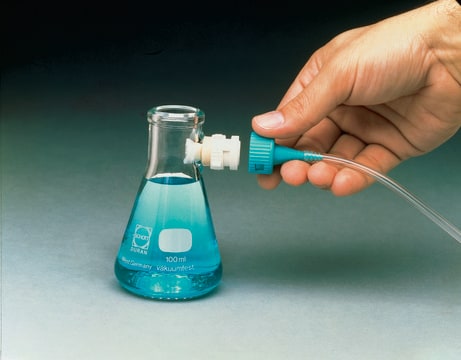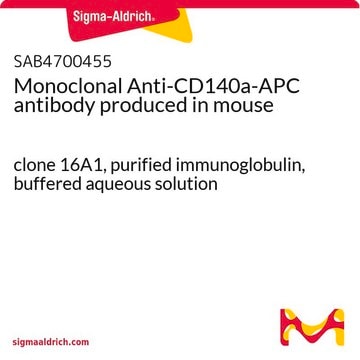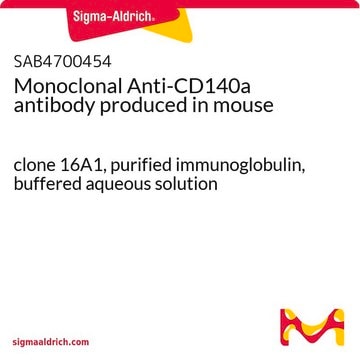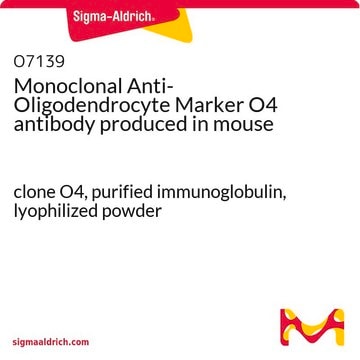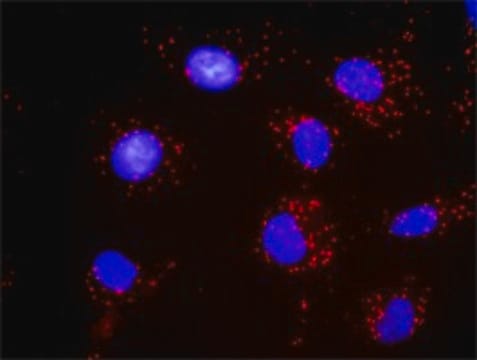SAB1305510
MONOCLONAL ANTI-PDGFR antibody produced in mouse
clone 275CT1, crude ascites, buffered aqueous solution
Synonym(s):
Beta platelet-derived growth factor receptor, PDGFR, PDGFR1, PDGFRB, Platelet-derived growth factor receptor beta
About This Item
Recommended Products
biological source
mouse
Quality Level
antibody form
crude ascites
antibody product type
primary antibodies
clone
275CT1, monoclonal
form
buffered aqueous solution
mol wt
123968 Da
species reactivity
mouse
technique(s)
western blot: 1:500-1:16000
isotype
IgG1κ
NCBI accession no.
UniProt accession no.
shipped in
wet ice
storage temp.
−20°C
target post-translational modification
unmodified
Gene Information
human ... PDGFRB(5159)
Physical form
Disclaimer
Not finding the right product?
Try our Product Selector Tool.
Storage Class Code
10 - Combustible liquids
Flash Point(F)
Not applicable
Flash Point(C)
Not applicable
Certificates of Analysis (COA)
Search for Certificates of Analysis (COA) by entering the products Lot/Batch Number. Lot and Batch Numbers can be found on a product’s label following the words ‘Lot’ or ‘Batch’.
Already Own This Product?
Find documentation for the products that you have recently purchased in the Document Library.
Our team of scientists has experience in all areas of research including Life Science, Material Science, Chemical Synthesis, Chromatography, Analytical and many others.
Contact Technical Service

